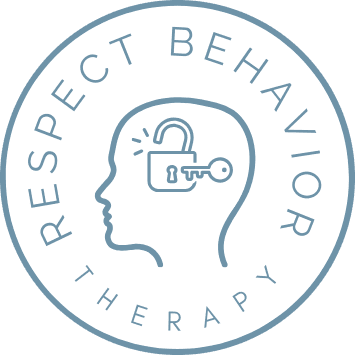Facts and Fiction About ABA Therapy

Understanding the Truth Behind ABA Therapy for Autism Treatment
As a trusted behavioral expert in the field of Applied Behavior Analysis (ABA) therapy, we want to shed light on some common misconceptions surrounding this highly effective autism treatment. ABA therapy has gained immense popularity due to its evidence-based approach that focuses on improving socially significant behaviors in individuals with autism spectrum disorder (ASD). In this article, we aim to provide accurate information about ABA therapy, dispelling any myths and providing valuable insights into its benefits.
Myth: ABA Therapy is a New and Unproven Treatment
Fact: Contrary to popular belief, ABA therapy is not a new or experimental treatment. In fact, it has been around for several decades, with extensive research supporting its effectiveness. ABA therapy is widely recognized as the gold standard in autism treatment by reputable organizations such as the American Psychological Association (APA) and the National Institute of Mental Health (NIMH). The rigorous scientific evidence backing ABA therapy has led to its widespread adoption worldwide.
Myth: ABA Therapy Only Focuses on Controlling Behaviors
Fact: One of the biggest misconceptions about ABA therapy is that it aims to control or suppress behaviors. This couldn't be further from the truth. ABA therapy focuses on understanding the underlying reasons behind specific behaviors and aims to teach individuals more appropriate and functional alternatives. By identifying the triggers and consequences of certain behaviors, ABA therapists work collaboratively with their clients to develop strategies that promote positive behavioral changes. The goal is to enhance communication skills, social interactions, and daily living skills, ultimately leading to greater independence and improved quality of life.
Myth: ABA Therapy is a One-Size-Fits-All Approach
Fact: ABA therapy is a highly individualized treatment approach tailored to each person's unique needs and goals. Before commencing therapy, a comprehensive assessment is conducted to identify the specific areas requiring attention and improvement. A skilled ABA therapist will develop personalized treatment plans, taking into account the individual's strengths, challenges, and preferences. This individualized approach ensures that therapy is effective, engaging, and meaningful for each person receiving treatment.
Myth: ABA Therapy is Only Appropriate for Young Children
Fact: ABA therapy is beneficial for individuals of all ages, not just young children. While early intervention is crucial for optimal outcomes, ABA therapy has shown remarkable success in adolescents and adults as well. Whether it's enhancing social skills, managing challenging behaviors, or acquiring independent living skills, ABA therapy can be adapted to meet the needs of individuals across the lifespan. Ongoing research continues to explore and expand the applications of ABA therapy in various settings and populations.
Myth: ABA Therapy is Limited to Clinic-Based Settings
Fact: ABA therapy can be effectively delivered in various settings, including homes, schools, and community settings. The flexibility of ABA therapy allows for generalization of skills across different environments, promoting real-life application and independence. Skilled ABA therapists collaborate with families, caregivers, and educators to ensure consistent implementation of strategies and support the individual's progress beyond the therapy session.
In conclusion, understanding the facts about ABA therapy is crucial for individuals and families seeking effective autism treatment. ABA therapy is a well-established, evidence-based approach that is customized to meet the unique needs of each person. By dispelling common myths and misconceptions, we hope to encourage more individuals to explore the immense benefits of ABA therapy. If you have any questions or would like to learn more about ABA therapy, please reach out to our experienced team at Respect Behavior Therapy. We are here to guide and support you on your journey towards a better quality of life for individuals with autism.
